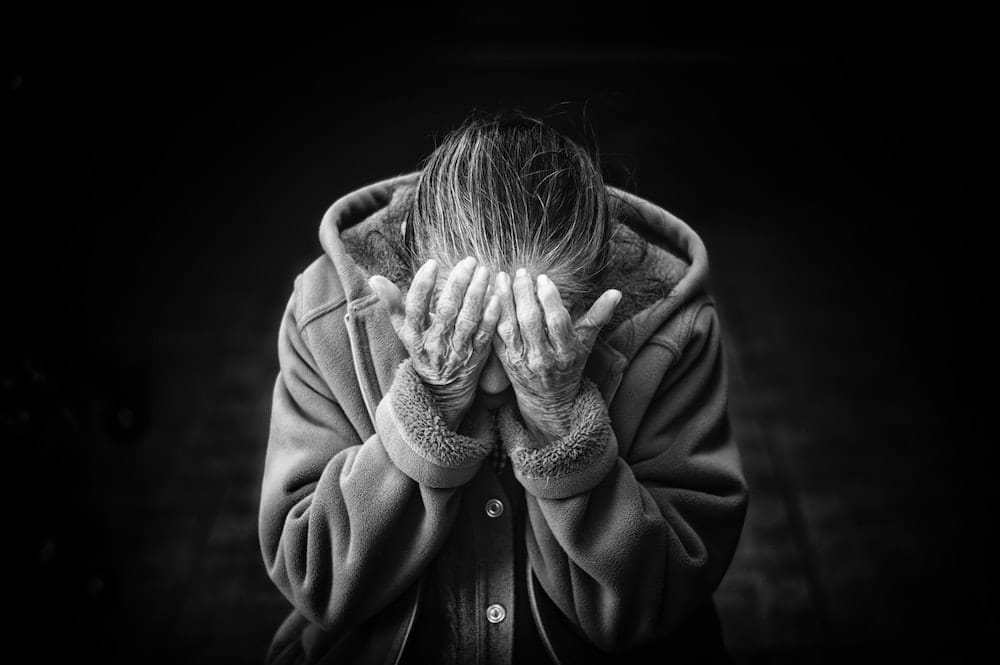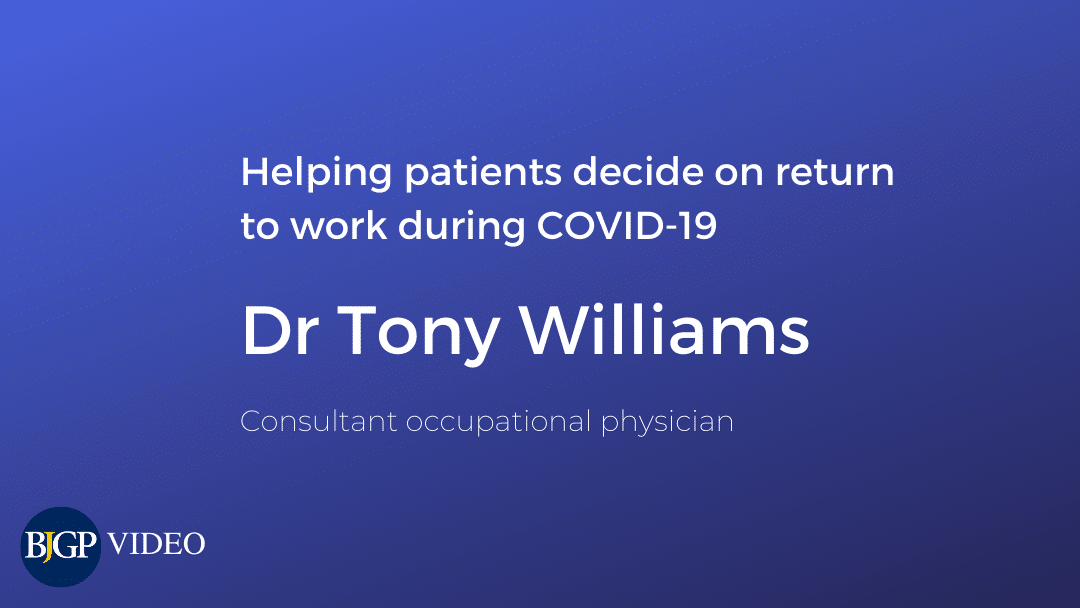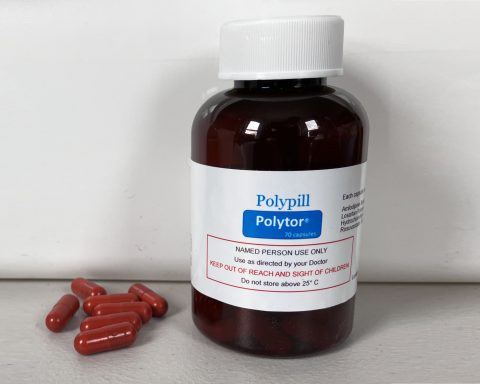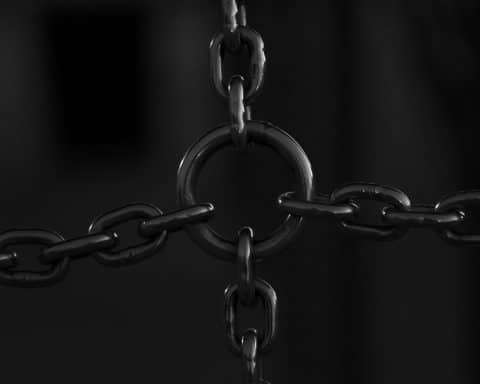
Is this your most feared consultation? Dealing with those who have by your action sustained loss and pain, even as a recognised complication of a necessary procedure, can be exceptionally challenging. It is important to be able to identify and recognise the feelings that we experience in response to this scenario at the start in order to be able to cope with them and avoid transference to the patient. Defensiveness will render us brusque and dismissive; guilt may lead to unease and embarrassment; time pressure will provoke impatience. The person in front of you deserves to be heard and comforted, and to do this effectively, we must learn to subdue the justifications that may leap to the forefront of our minds.
I did not want to appear a hypochondriac and was too embarrassed to admit just how bad some of my issues were.1
Try hard to imagine what it might feel like to be on the other side of your consulting room desk. Most people place great faith in their treating clinicians, most particularly in those that they have trusted to perform operative procedures. There is a ‘performance pressure’ on patients to be pleased, submissive and grateful, so to bring up concerns or draw attention to complications is difficult and distressing and often requires great courage.
So I went back to the consultant to discuss things, Unfortunately he is very pro mesh and when I asked if he thought my issues were linked to my TVT-o he actually screamed at me ‘you need to stop listening to the media and those… women, I fit hundreds of these every year and you’re only person I’ve seen who is complaining and thinking you have problems’
Remember that the patient is recounting their experience and not a criticism of you as a clinician nor of your organisation. The first and most appropriate response is simply to say, “I’m really sorry to hear that”, or “that must be very difficult”. Do not dismiss their interpretation of what has happened. Your insights have been gained over at least 10-15 years of training and more of professional practice, but you are not living with the complication yourself. Patients will try to make sense of their symptoms. The conclusions that they come to may not always be accurate, but they are an attempt at understanding which should be supported and not derided.
No one was listening to me so just carried on the best I could.
I recently taught a group of medical students and we discussed how to apologise for poor care or complications. They told me with some pride that they were being taught “how to say sorry without really meaning it” and recounted a formulaic approach of “I am sorry that this has caused you distress”. This runs the risk of sounding as if the patient is being blamed for being weak and upset. Healing is defined as becoming sound or healthy again, but also as alleviating a person’s distress or anguish and correcting or putting right an undesirable situation. Medical training and practice needs to encompass and demonstrate an equal attention to all three of these goals.
Reference
1. First Do No Harm: The report of the Independent Medicines and Medical Devices Safety Review 8 July 2020. Available at https://www.immdsreview.org.uk/Report.html
Featured photo by Cristian Newman on Unsplash








